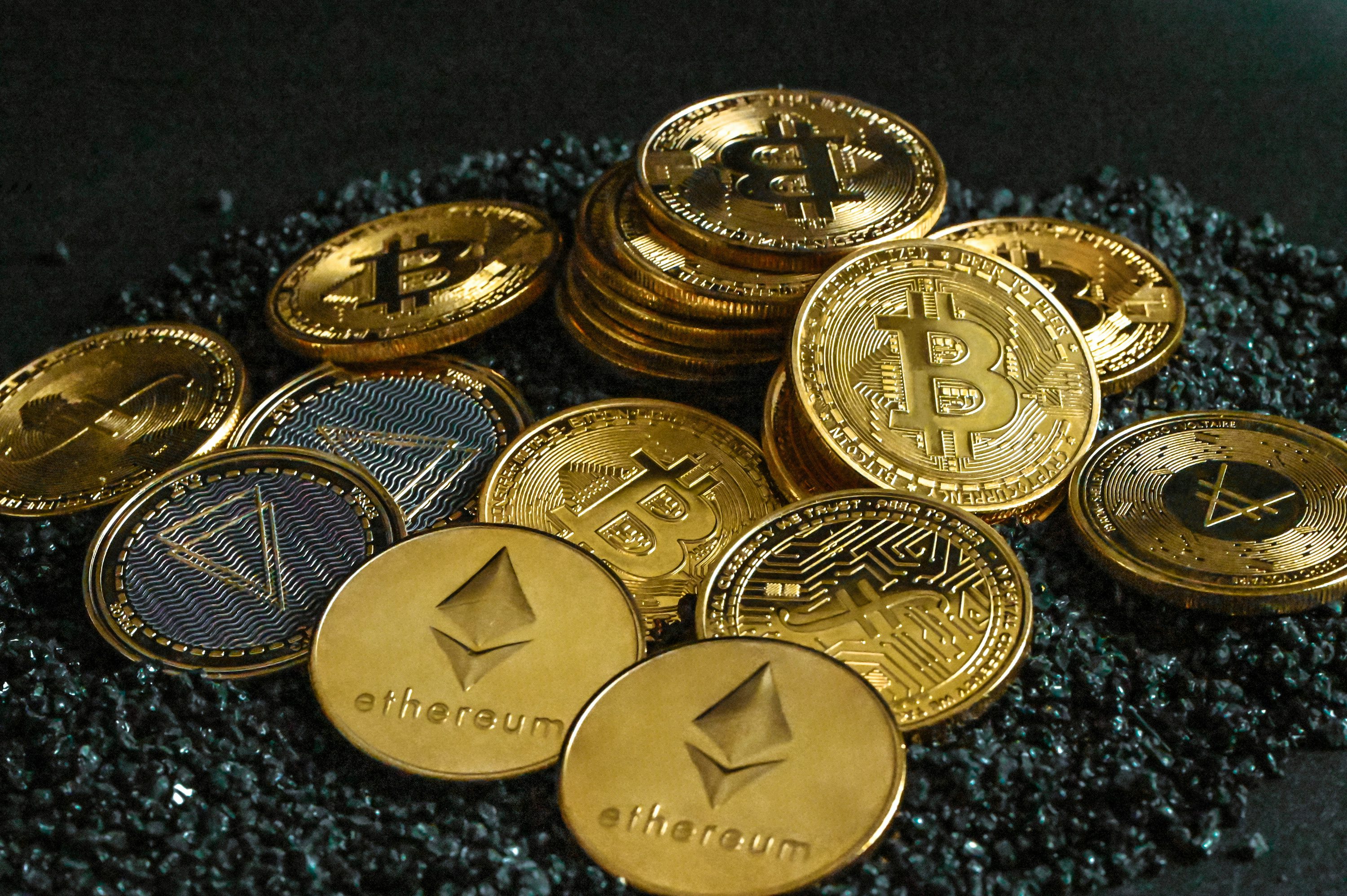Iran-US-Israel Tensions and Global Oil Impact

Geopolitical tensions escalated dramatically on June 22-23, 2025, as U.S. President Donald Trump authorized airstrikes targeting three main Iranian nuclear sites: Esfahan, Fordow, and Natanz. These "unprovoked aggression" actions, as described by Russia, resulted in significant casualties, with Iran's Health Ministry reporting over 400 Iranians killed and more than 3,000 wounded. The U.S. strikes were declared a "spectacular military success" by President Trump, who warned of further actions unless Iran agreed to peace.
In response to these developments, Russian President Vladimir Putin met with Iranian Foreign Minister Abbas Araqchi in Moscow. Putin unequivocally condemned the U.S. bombing, stating it had "no basis and no justification," and affirmed Russia's efforts to assist the Iranian people. Kremlin spokesman Dmitry Peskov echoed these sentiments, expressing deep regret and concern over the "new spiral of escalation of tension in the region." While Russia offered mediation, the strategic cooperation treaty signed with Iran in January notably lacks a mutual defense clause, leaving the extent of Russia's direct support unclear. Peskov also noted that Trump had not provided detailed information about the planned strikes in advance during their recent conversations.
Iran swiftly retaliated with its own military actions, launching the 21st wave of missile and drone attacks on Israel. Using a combination of solid- and liquid-fuel missiles and special tactics, Iran aimed to counter Israel's air defense. Kamikaze drones equipped with warheads were deployed, setting off sirens across Israel from its north to the southern border with the Gaza Strip. While most of the approximately 10 missiles fired in four volleys were intercepted, three struck Israeli territory, hitting Ashdod, Yavneh, and a northern area. Fragments also caused damage in the Lakhish area, and a "strategic infrastructure facility" in the south was damaged, leading to power disruptions. Iran's military Chief of Staff Abdolrahim Mousavi accused the United States of acting as a "criminal" and warned of punitive actions against U.S. interests and troops, as well as Israel for its "aggression."
Meanwhile, Israel continued its own military operations against Iran, with the IDF confirming strikes on six regime airports across western, central, and eastern Iran. These attacks aimed to destroy runways, underground hangars, refueling aircraft, and combat jets (F-14, F-5, AH-1), severely impairing Iran's air force capabilities. Notably, Israeli forces also targeted Iranian government sites, including the notorious Evin Prison in Tehran. Surveillance footage suggested a drone-carried strike on the prison, known for detaining political prisoners and dual nationals. The Islamic Revolutionary Guard Corps (IRGC), which operates units within Evin, answers directly to Supreme Leader Ayatollah Ali Khamenei.
The escalating geopolitical tensions had immediate repercussions on global financial markets, particularly the cryptocurrency and oil sectors. Ether (ETH), the world's second-largest cryptocurrency, slumped to a one-month low of $2,113 following the U.S. airstrikes. Despite this, large cryptocurrency investors, known as whales, placed significant bets on its price recovery. One whale opened an Ether long position exceeding $101 million with 25x leverage, generating substantial unrealized profit. Another withdrew over $40 million worth of ETH from Binance, bringing total holdings to $112 million. Conversely, most top Bitcoin (BTC) and Ether traders anticipated further corrections, with 64% reportedly shorting the two largest cryptocurrencies.
Analysis from crypto intelligence platforms indicated that most Ether investors were in a "wait-and-see" mode due to ongoing geopolitical uncertainties and monetary concerns. Despite the cautious sentiment, Binance researchers suggested that "macro-driven pullbacks are still being treated as opportunities—not signs of a broader directional reversal." A notable development signaling investor confidence was the staked Ether supply reaching a new all-time high of over 35 million, indicating that investors are increasingly holding ETH for passive yield rather than selling at current prices, reducing the sellable supply.
In the oil market, President Donald Trump issued a stern warning to global oil producers against raising prices, urging them to keep costs down for consumers and calling for increased domestic drilling. This directive came amid market anxieties over potential U.S. military involvement in the Israel-Iran conflict and fears of a potential closure of the Strait of Hormuz by Iran. While oil prices initially surged by as much as 4% after trading opened, they later stabilized, reflecting market expectations that Iran might avoid retaliatory actions that could disrupt this critical maritime corridor. U.S. Secretary of State Marco Rubio cautioned that any attempt by Iran to block the strait would be "economic suicide" and would elicit a strong response from Washington, though prices remained elevated compared to pre-conflict levels.
Beyond the primary conflict, other significant events unfolded, including a tragic bomb blast during the Kaliganj assembly bypoll counting in Nadia, West Bengal, which killed a 13-year-old girl, prompting Chief Minister Mamata Banerjee to promise strict legal action. In Jammu and Kashmir, the NIA arrested two individuals for sheltering Pakistani Lashkar-e-Taiba (LeT) terrorists linked to a brutal attack in Pahalgam, which targeted tourists. Politically, Congress's Shaktisinh Gohil resigned as Gujarat Congress chief following bypoll defeats, while the TMC and Congress secured victories in Kaliganj and Nilambur assembly bypolls, respectively.









